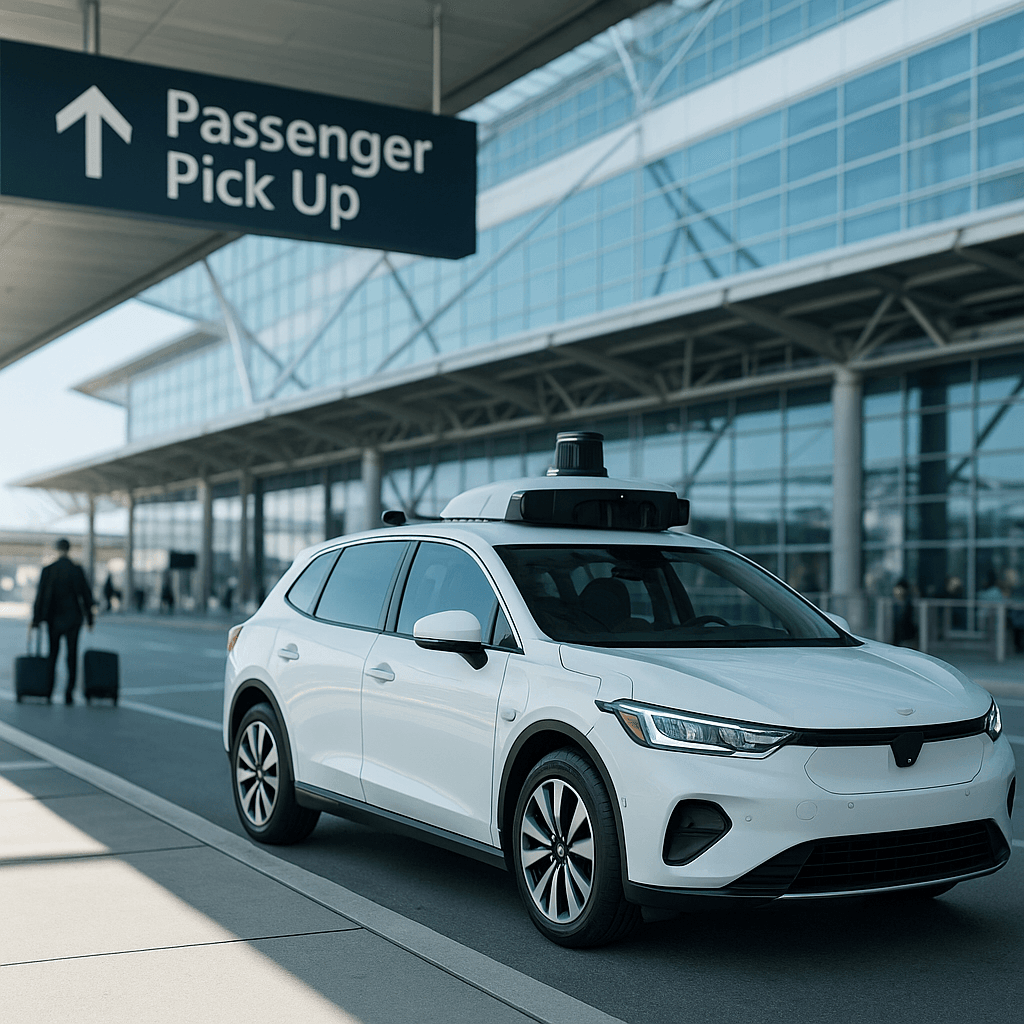Google's Waymo just secured a critical permit to test robotaxis at San Francisco International Airport, marking another major regulatory win for the autonomous vehicle leader. The move positions Waymo to capture the lucrative airport transportation market while expanding its Bay Area footprint beyond current city limits.
Google's Waymo just crossed another regulatory milestone that could reshape airport transportation forever. The autonomous vehicle pioneer secured a permit to test its robotaxis at San Francisco International Airport, San Francisco Mayor Daniel Lurie announced Tuesday, setting up what could become the gold standard for airport ride-hailing.
The timing couldn't be more strategic. While Tesla scrambles to catch up with discussions at Bay Area airports, Waymo's already operating commercially across five major markets and now has airport access at three locations. The company will roll out service in phases, "beginning with employee testing soon ahead of welcoming Bay Area riders," spokesperson Chris Bonelli told CNBC.
This isn't just about convenience - it's about proving autonomous vehicles can handle the complex choreography of airport operations. SFO sees over 57 million passengers annually, creating a massive testing ground for Waymo's technology in scenarios involving heavy luggage, time-sensitive travel, and international passengers unfamiliar with the service.
Waymo's been methodically building this airport strategy. Phoenix Sky Harbor gave the company permission to test and operate back in 2022, and just this month, San Jose Mineta International Airport approved testing permits. The pattern reveals Waymo's systematic approach to conquering high-value transportation corridors.
The regulatory momentum extends beyond airports. Last month, Mayor Lurie approved limited passenger service on Market Street, San Francisco's main thoroughfare where robotaxis had been previously restricted. The city's growing confidence in Waymo reflects the company's safety record across its current footprint in Phoenix, the San Francisco Bay Area, Los Angeles, Austin and Atlanta.
Meanwhile, the competitive landscape tells a different story. began testing its own in June, but still requires human safety supervisors - a significant operational disadvantage. Tesla CEO Elon Musk's promises of full autonomy have yet to materialize in vehicles safe enough for unsupervised operation.












